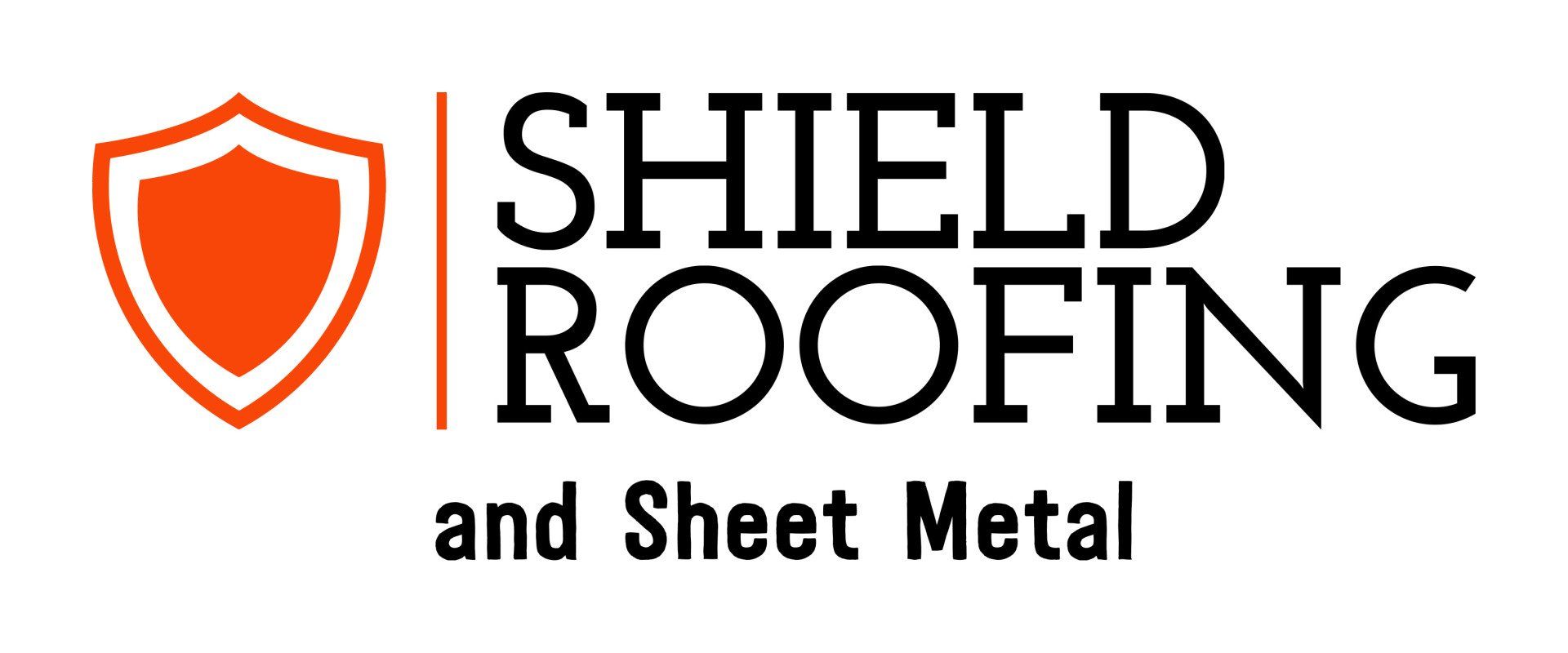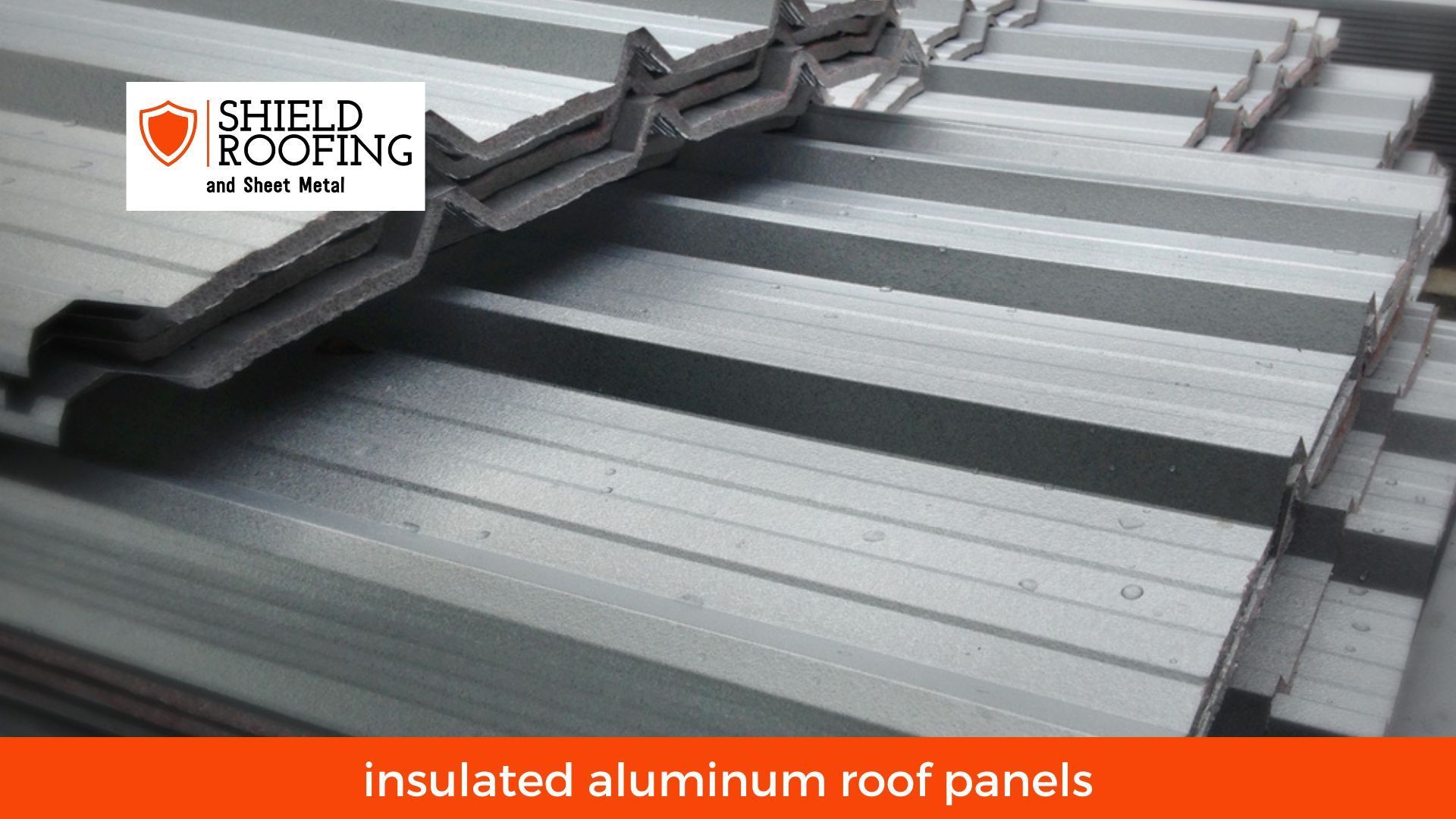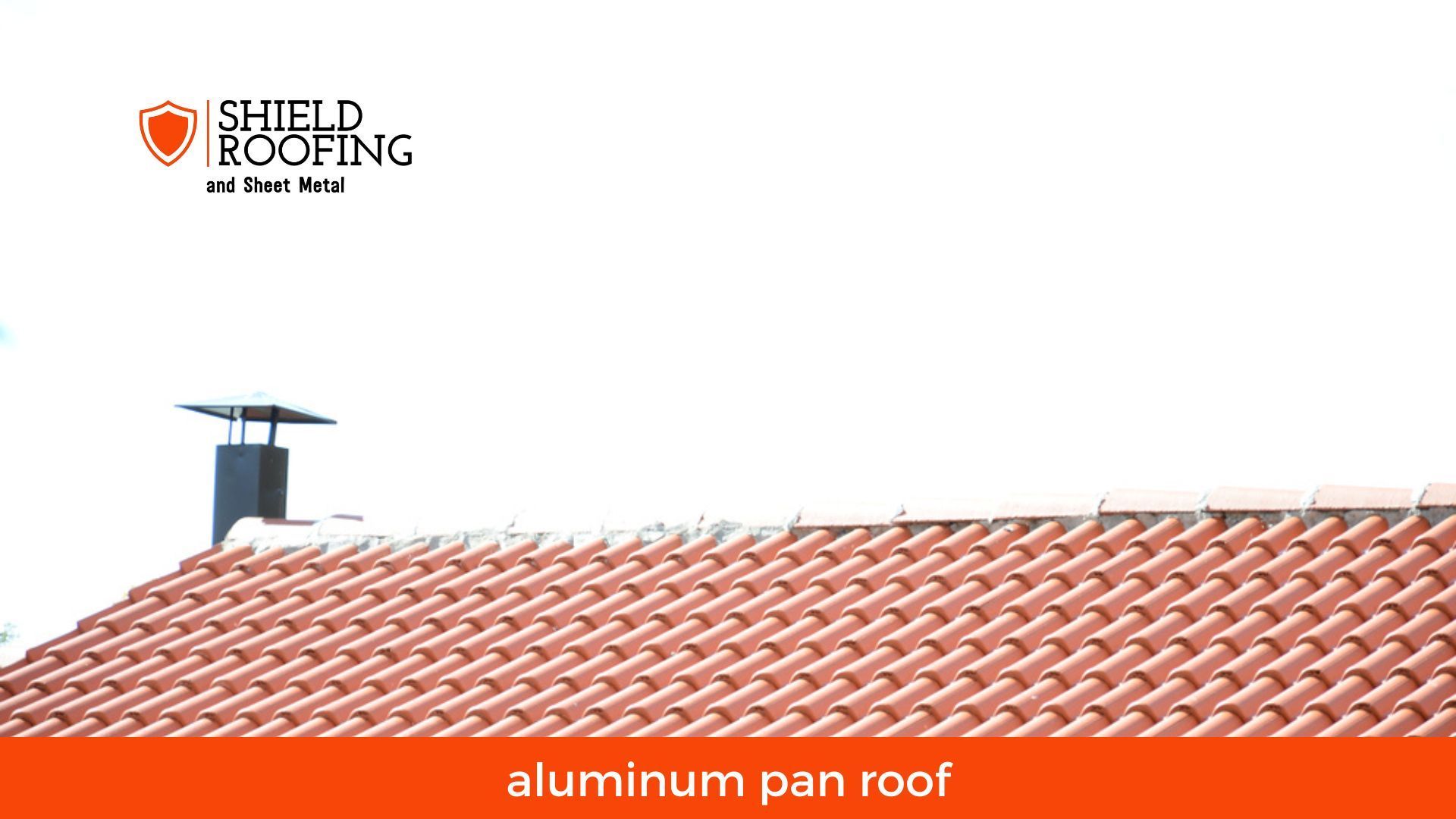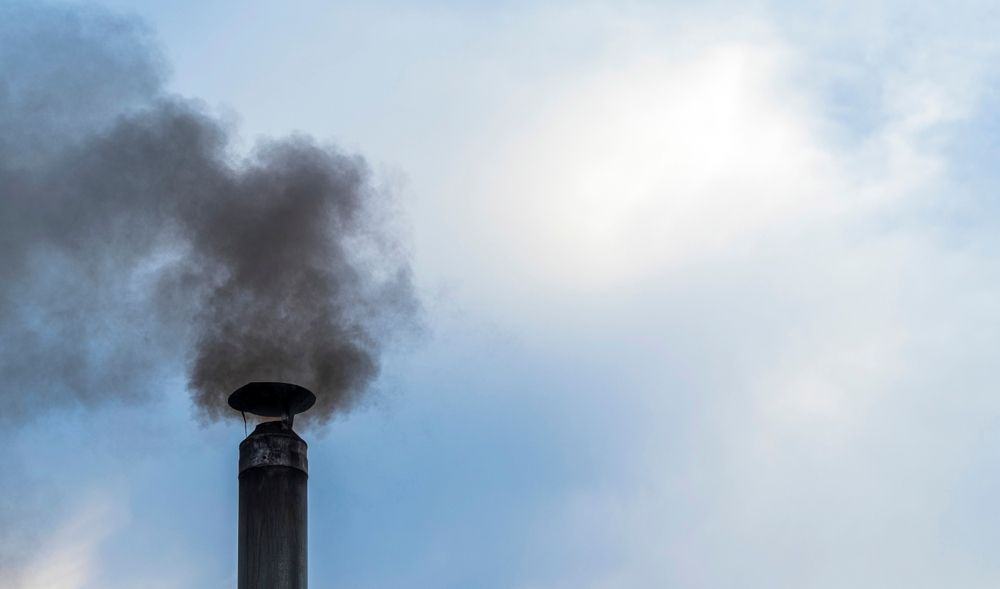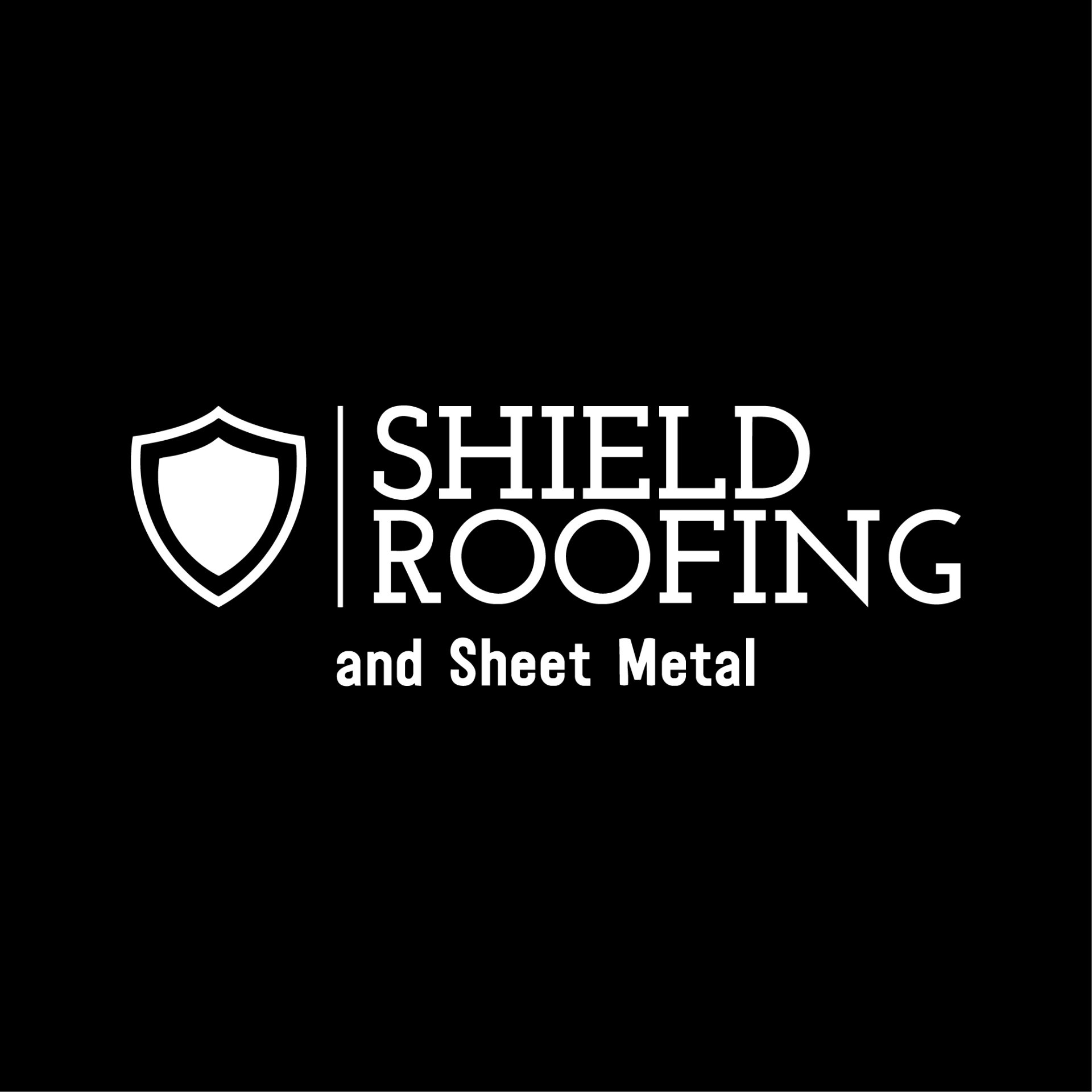Metal Roofs: The Pros and Cons of Metal Roofing
Metal Roofs: The Pros and Cons of Metal Roofing
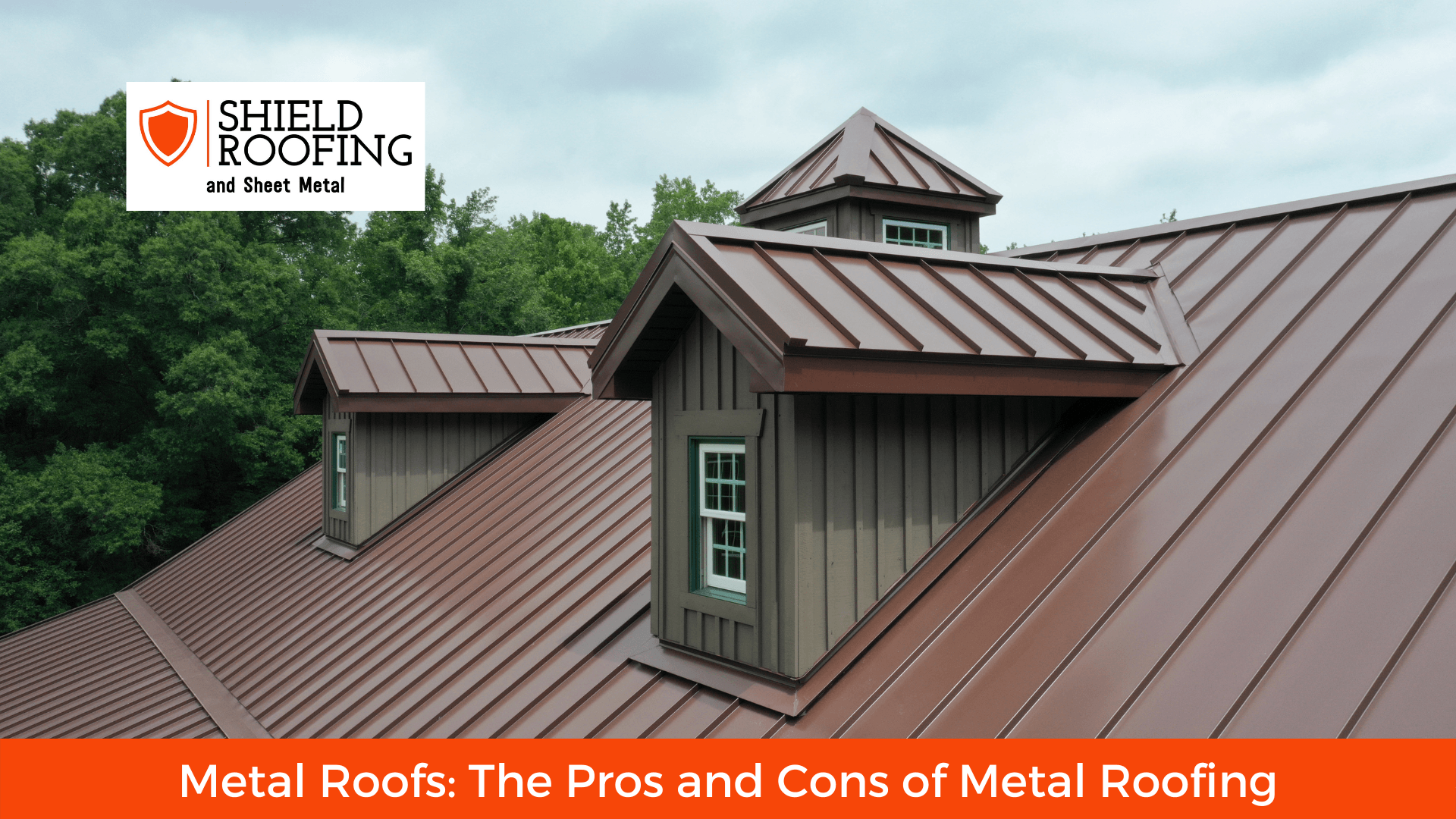
There are many reasons to use metal roofing in your home. The benefits of using a metal roof are numerous, however, the disadvantages can be significant for some homeowners. This article will explore both sides of the issue and help you come up with an informed decision about whether metal roofs would work in your situation.
So, Is Metal Roofing The Right Choice For You?
The first thing you should do is determine what the pros and cons of metal roofs are for your particular situation. If there are more benefits than disadvantages, this type of roof may be right for you. Or if it's not a good option in your case, consider other materials that could work instead.
Metal Roofing Pros
Durability
Metal roofs are extremely durable, which makes them a pretty safe bet for homeowners. This is especially true in areas where the climate produces extreme conditions like heavy snowfall or strong winds.
Long Lifespan
Because of its incredible durability, a metal roof can last anywhere from 20 to 50 years. That's significantly longer than the lifespan of other roofing materials like asphalt shingles.
Energy Efficiency
Metal roofs are also good options from an energy efficiency perspective because they reflect sunlight and heat. This helps to keep buildings cooler in the summer and can lead to significant energy savings over time.
Aesthetics
Many people also find metal roofs attractive, particularly if they're made from materials like copper or zinc that develop a natural patina over time. These roofs will have a unique look that can really enhance the character of a home.
Environmentally-Friendly
Compared to traditional asphalt shingles that are made from petroleum-based materials, metal roofs are much more environmentally friendly. They do not increase dependency on fossil fuels and don't contribute to climate change. Some metal roofs are even made of recycled materials, which means that they're good for the environment while also looking beautiful.
Easy to Install
Metal roofs are also easy to install. They're lightweight, making them quick and simple for contractors to work with. For professionals like roofers who do this on a regular basis, it's an efficient job that doesn't require much time or effort.
It Doesn't Catch Fire
When it comes to wildfires, metal roofs are an ideal roof to have. Unlike asphalt shingles, which can easily ignite and spread a fire to the rest of the house, metal roofs do not present this same risk. In fact, they're actually one of the best materials you can use if you are in a location that is prone to wildfires.
They Can Go In Low Pitched Roofs
Another benefit of metal roofs is that they can be installed on low-pitched roofs. Asphalt shingles usually would need a 4/12 pitch roof, but metal roofs can be installed on a roof with an angle as low as 1/12. This makes it much more versatile, and you won't need to replace the whole roof if it isn't quite steep enough for asphalt shingles.
They Can Work Well With Solar Panels
Many people are now using solar panels to generate electricity in their homes. If you're one of these homeowners, it would be wise to choose a material that will work well with your solar panels. Metal roofs are a great option for this, as they can be installed directly over the panels without any interference.
Cons of Metal Roofing
Cost
Metal roofing is not the cheapest option out there, so it's something to consider if you're on a tight budget. However, its long lifespan and low maintenance costs can make it a wise investment in the long run.
Denting
Compared to traditional asphalt shingles, metal roofs are more susceptible to denting. If you live in a location where hail is common, you may want to consider a different roofing material.
Noise
Metal roofs can be quite noisy in rain or storms, which may not be ideal if you're looking for a quiet home. Additional layers of insulation or solid sheathing may be required to minimize the noise but these will add to the cost of the roof.
Color Matching
In case your roof needs to be repaired in the future, it can be hard to find matching metal roofing panels. This isn't a problem with asphalt shingles, which are available in a variety of colors.
Moisture and Corrosion
Metal roofs can trap moisture if not properly vented, which will lead to problems with mold or corrosion over time. These issues may be more likely to affect older homes that were built before the introduction of insulated panel styles. However, newer metal roofs are coated in materials that protect against corrosion, and they are also made of lighter gauge metals than older styles.
Fasteners Can Get Dislodged Over Time
The fasteners that attach metal roofing panels to the roof deck can come loose over time, which can lead to leaks. This is not a problem with asphalt shingles, which use nails or staples that are less likely to work their way out over time.
Requires An Experienced Contractor
Metal roofing is more complicated than other types of roofing, so it's important to hire a contractor with experience in installing metal roofs. There are many different panels and styles that can complicate the installation process, especially if your home has an irregular shape or any curves on its exterior walls.
Conclusion
Metal roofs have many benefits, but there are also a few drawbacks that should be considered before making a decision. If you're looking for a durable and long-lasting roof, metal is definitely a good option, but make sure to consider other factors too such as cost, the climate in your region, and the options that are available.

